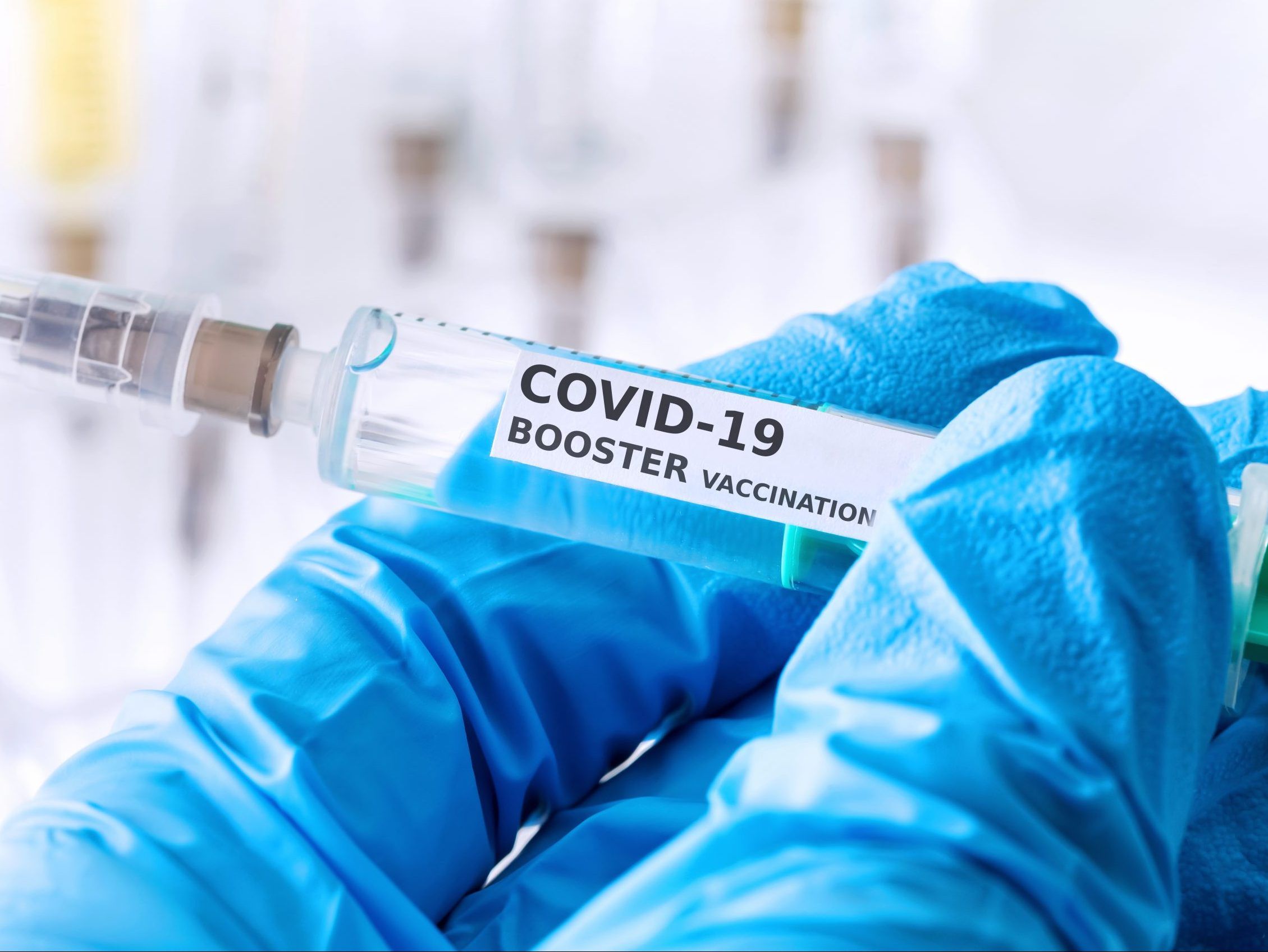Sure...I don't think so. They're also telling people to go out after the fever is subsided and not wait for 5 days.
Just when you thought you knew everything about COVID-19 shot intervals along comes another suggestion.
The National Advisory Committee on Immunization said on Thursday that Canadians may consider getting a vaccine every 90 days, the tightest deadline to date, according to Blacklock’s Reporter.
“A shorter interval of at least three months may be warranted in the context of heightened epidemiological risk as well as operational considerations for the efficient deployment of the COVID-19 vaccination program,” a summary of a National Advisory Committee on Immunization statement said on Sept. 1.
Just weeks ago the Department of Health said a booster every nine months was sufficient.
“I understand that people can feel overwhelmed,” said Dr. Supriya Sharma, chief medical advisor to the health department.
“There’s a lot of information and the messaging has changed a little bit from the pandemic. We were at the beginning, you know, ‘Run, don’t walk, get your first vaccine, get the first vaccine that’s available to you.’ It was really straightforward in terms of that initial messaging. But it does get more complicated, right, because we are in a different situation.”
Dr. Howard Njoo, deputy chief public health officer, said a booster every six months “is not enough” due to waning effectiveness.
“If you’ve had a previous booster dose, whatever number you’ve had before, or infection, you should wait six months, but certainly based on local circumstances, other considerations, that interval may be decreased down to like three months or so,” said Njoo.

 torontosun.com
torontosun.com
Just when you thought you knew everything about COVID-19 shot intervals along comes another suggestion.
The National Advisory Committee on Immunization said on Thursday that Canadians may consider getting a vaccine every 90 days, the tightest deadline to date, according to Blacklock’s Reporter.
“A shorter interval of at least three months may be warranted in the context of heightened epidemiological risk as well as operational considerations for the efficient deployment of the COVID-19 vaccination program,” a summary of a National Advisory Committee on Immunization statement said on Sept. 1.
Just weeks ago the Department of Health said a booster every nine months was sufficient.
“I understand that people can feel overwhelmed,” said Dr. Supriya Sharma, chief medical advisor to the health department.
“There’s a lot of information and the messaging has changed a little bit from the pandemic. We were at the beginning, you know, ‘Run, don’t walk, get your first vaccine, get the first vaccine that’s available to you.’ It was really straightforward in terms of that initial messaging. But it does get more complicated, right, because we are in a different situation.”
Dr. Howard Njoo, deputy chief public health officer, said a booster every six months “is not enough” due to waning effectiveness.
“If you’ve had a previous booster dose, whatever number you’ve had before, or infection, you should wait six months, but certainly based on local circumstances, other considerations, that interval may be decreased down to like three months or so,” said Njoo.

NACI now suggests Canadians consider a COVID-19 booster every 90 days
Just when you thought you knew everything about COVID-19 shot intervals along comes another suggestion.
Last edited:






